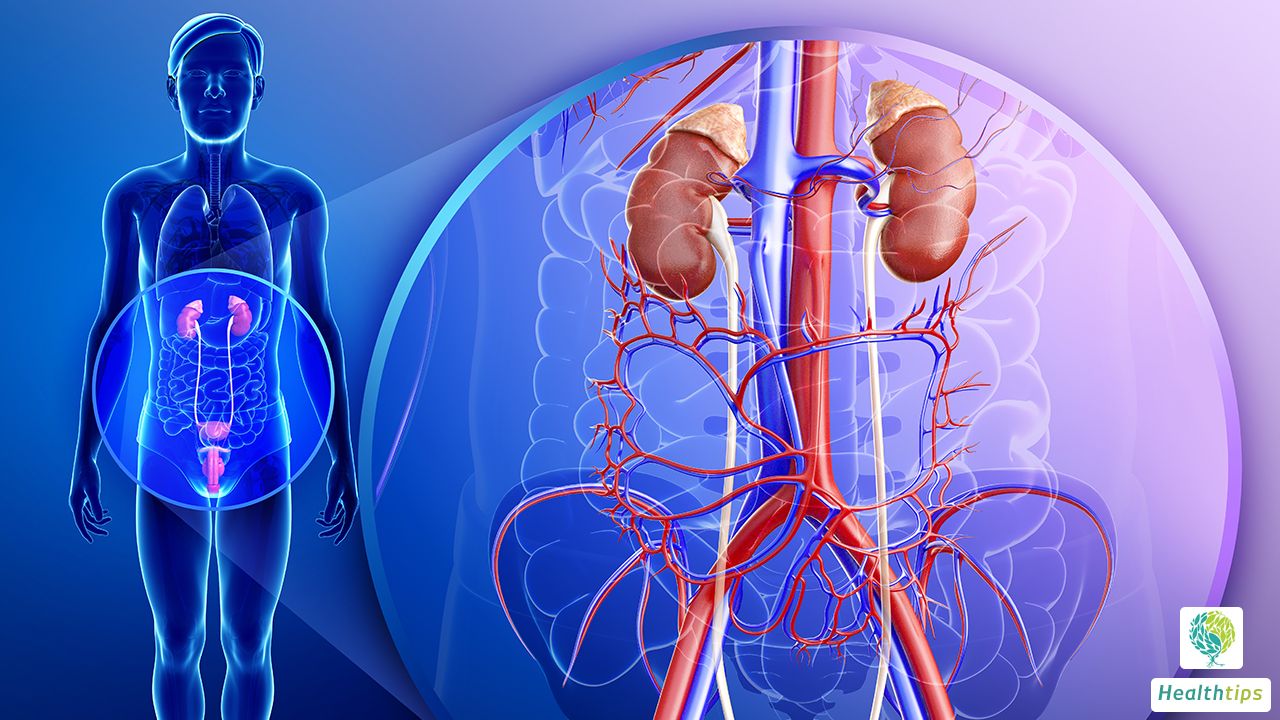General Information: Typically, if a patient has kidney stones, it may cause painless gross hematuria. It is recommended that such individuals seek medical attention promptly.

Causes: Kidney stones are a common clinical condition caused by solid substances forming within the kidneys. Their formation is related to dietary habits and metabolic abnormalities. Excessive intake of oxalate can lead to an increase in calcium ion concentration in the body, thus triggering the disease. Additionally, some patients may have genetic factors contributing to their condition. After contracting the disease, it can cause obstruction in the urinary system and damage to local tissues, resulting in the aforementioned symptoms.
Treatment Methods: For patients with mild conditions, medication such as lithotripsy granules can be prescribed. Additionally, drinking plenty of water can promote metabolism and help expel smaller stones. However, for larger stones, surgical methods such as percutaneous nephrolithotomy or flexible ureteroscopy with lithotripsy may be necessary. In daily life, it is important to maintain good living habits and dietary patterns, avoiding high-purine foods like seafood or animal liver to prevent further aggravation of the condition. Additionally, adequate rest and sufficient sleep should be ensured to minimize prolonged stays awake or excessive fatigue.

